FG commissions mini-grid centre to tackle substandard solar products
The Federal Government has launched a Mini-grid Simulation and Standardisation Centre with a budget of $150,000 to address the issue of substandard solar products and encourage local manufacturing within Nigeria’s renewable energy sector.This advanced facility, located at the headquarters of the Rural Electrification Agency in Abuja, was provided by Huawei, a Chinese tech firm, as part of a bilateral agreement established during President Bola Tinubu’s trip to China in September 2024.
In a statement released on Sunday, the Rural Electrification Agency cited its Managing Director, Abba Aliyu, who announced that the new centre will serve as a national certification center for solar components, guaranteeing that only top-quality equipment is utilized in off-grid power projects throughout the nation.
“During President Bola Tinubu's visit to China in September 2024, a vital aspect of the China-Nigeria and China-Africa initiative was the signing of a memorandum of understanding under the direction of the Minister of Power between the Rural Electrification Agency and Huawei. The significance of this Mini-grid standardisation and simulation center cannot be overstated.
“Nigeria aims to establish itself as the renewable energy hub of Africa. To realize this goal, the country needs to attract private sector investment in the local manufacturing assembly of all renewable energy equipment.
“This simulation and testing center is Nigeria's first of its kind. It is a direct outcome of the memorandum of understanding signed between REA and Huawei during the President's diplomatic visit to China,” Aliyu stated.
“With this facility, we can now assess photovoltaic panels, batteries, and other solar components in environments simulating extreme temperatures and humidity. This will aid in filtering out substandard or used equipment that has been inundating the Nigerian market,” he further explained.
The center is furnished with 18 state-of-the-art machines, such as power analysers, pyranometers, battery analysers, and intelligent simulation devices—some of which are unmatched in Nigeria.
Huawei disclosed that the equipment, valued at around $150,000, was entirely financed by the company.
Aliyu highlighted that the center will play a vital role in enhancing investor confidence in Nigeria’s renewable energy sector, particularly in the production of solar panels and batteries.
“A private investor cannot thrive if they manufacture quality equipment locally while having to compete against cheaper, inferior imports. This center will guarantee that only certified products are employed in Nigeria, promoting local production and industrialization,” he remarked.
He also mentioned that although the initial center is based in Abuja, there are intentions to replicate it across all REA zonal offices nationwide.
Umar Umar, the Executive Director of Technical Services at REA, characterized the launch as a “dream realized” and a transformative moment for solar energy implementation in Nigeria.
“Previously, our engineers tested panels manually or transported solar boxes across various sites. Today, we can replicate the climatic conditions of Sokoto, Delta, or even locations outside Nigeria, all from a single lab.
“We are now able to establish minimum technical standards, educate developers, and enhance overall quality assurance in the industry. This marks a significant advancement,” he stated.
Zhang Jing, Huawei Nigeria's Board Director, also spoke during the event, expressing that the project demonstrates the company’s dedication to President Tinubu’s goal of closing Nigeria’s electricity gap through renewable energy solutions.
“These systems are engineered to withstand Nigeria’s diverse weather conditions and enhance the dependability of mini-grids in rural areas. Huawei is privileged to contribute to Nigeria’s pursuit of energy security,” Zhang remarked.
He emphasized that the lab serves not only as an illustration of international collaboration but also as a foundation for long-term capacity development.

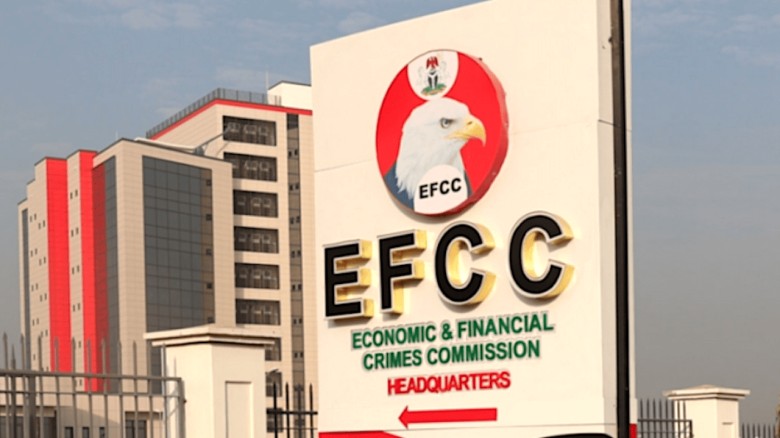
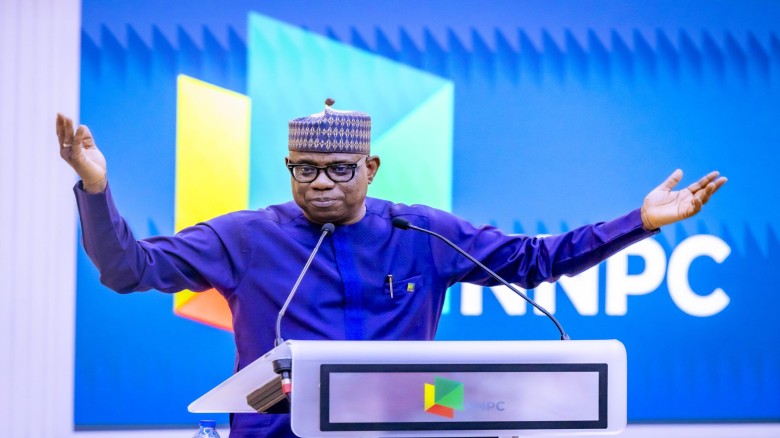
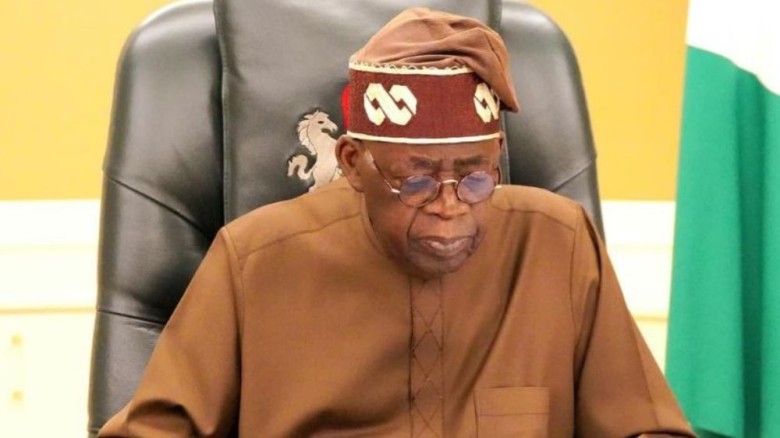
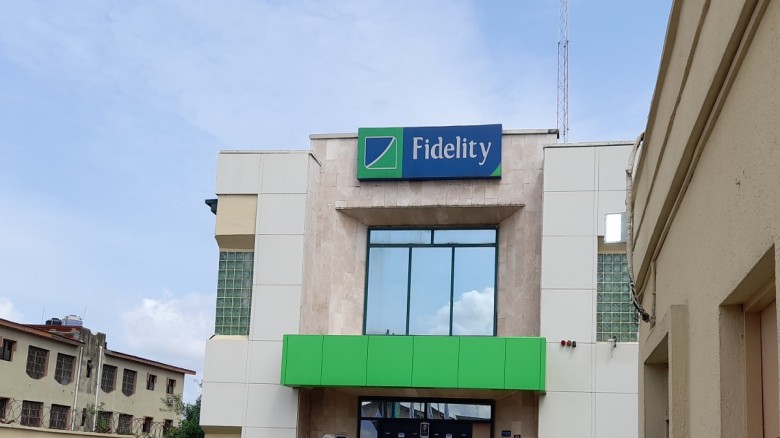












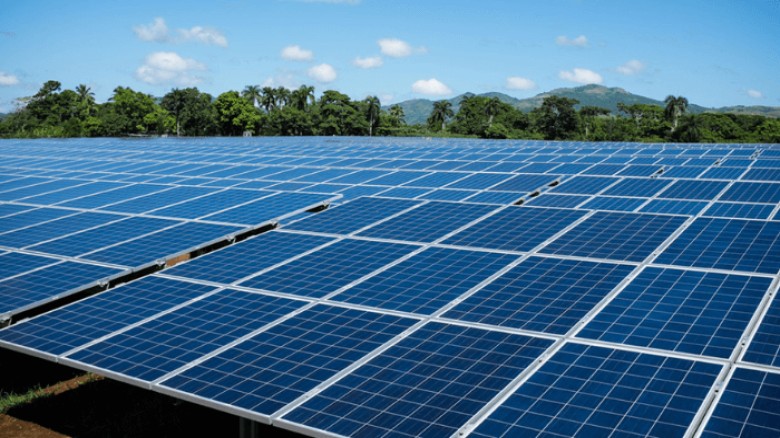






Leave A Comment